The true cost of buying and installing a heat pump in New Zealand
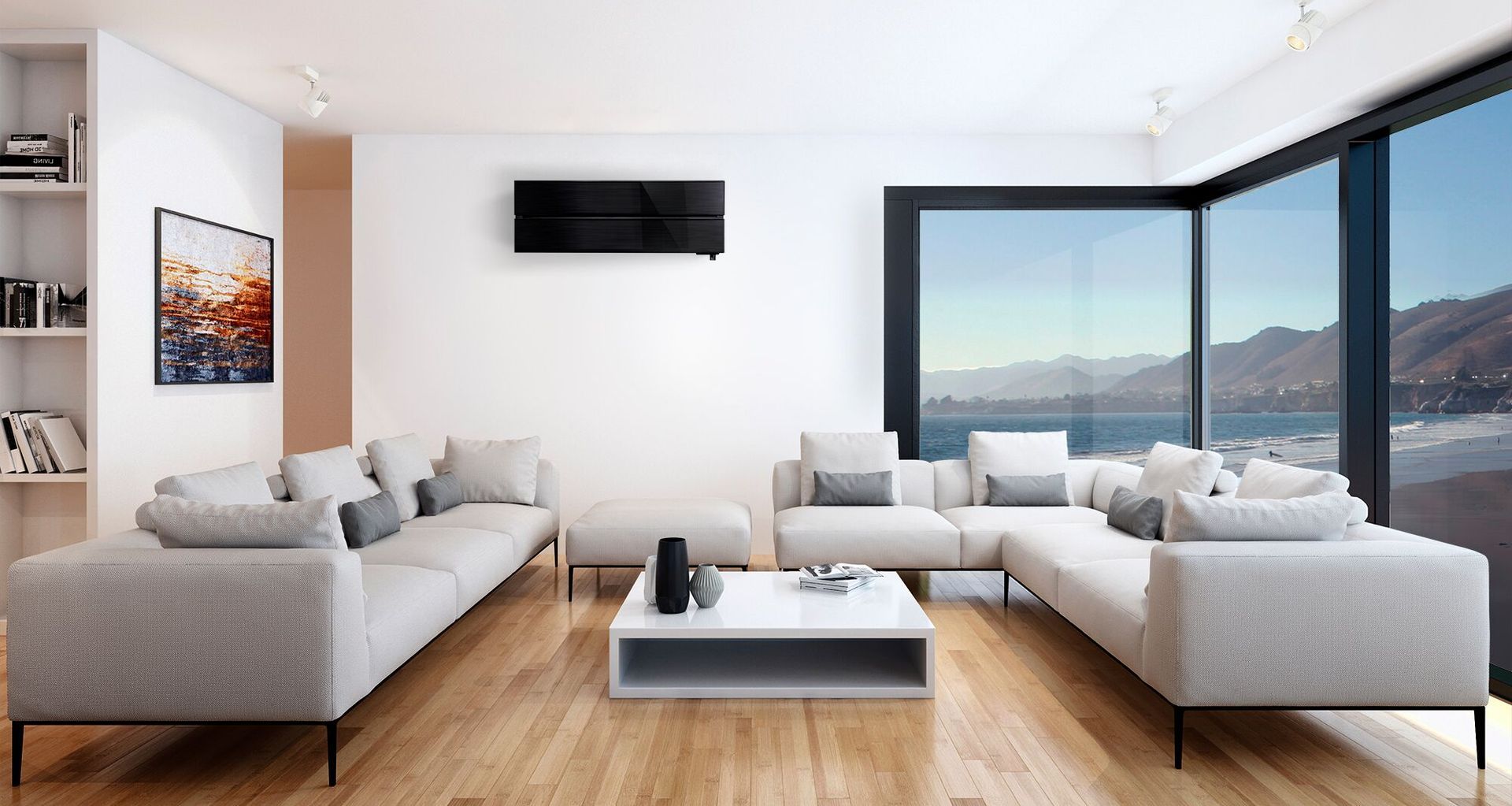
Heat pumps are a popular option for heating and cooling New Zealand homes due to their energy efficiency and dual functionality. When it comes to the cost of buying and installing a heat pump, several factors come into play, such as the type of pump, contractor rates, additional fees and market prices. With careful planning and consideration, you can make a well-informed decision, choosing a new heat pump that falls within your budget.
The average cost to buy and install a heat pump
The cost of buying and installing a heat pump can vary significantly, ranging between $1,500 to $30,000, but this depends on several factors, including the type, installation complexity, and additional materials.
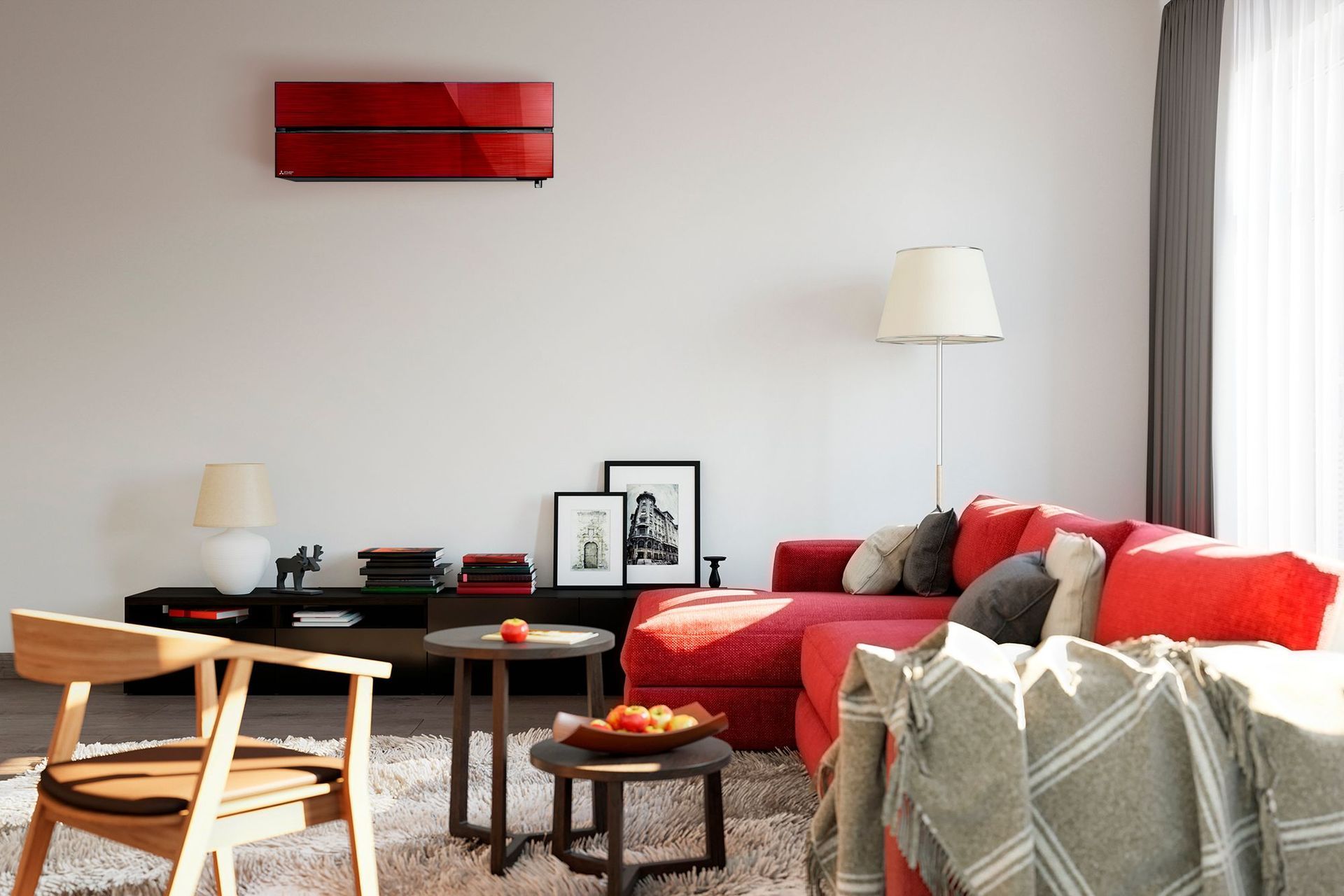
The three main types of heat pumps by source
1. Air source heat pumps
Air source heat pumps extract heat from the outdoor air and transfer it into your home (or vice versa), making them suitable for a wide variety of heating and cooling needs. They can be categorised into different types, such as air-to-air and air-to-water, each with specific applications. They are by far and away the most common type of heat pump for homes in New Zealand.
- Cost factors: The installation cost can vary based on the type of air source heat pump, the number of units required, and the complexity of the installation. Air source heat pumps are often chosen for their flexibility and efficiency, and they can be retrofitted into existing homes with relative ease.
- Cost to buy and install: Generally ranges from $1,500 to $10,000, depending on the system type and installation requirements. The cheapest units can be purchased for around $700 though most people will buy models priced between $1,500 - $2,500. Installation can cost between $900 - $2,000 for a standard back to back install where the outdoor unit is on the reverse wall to the indoor unit. This cost can go up for more complex installations.
2. Water source heat pumps
Water source heat pumps extract heat from a body of water, such as a lake, river, or well, and transfer it into your home (or vice versa). They are highly efficient and suitable for properties with access to a reliable water source. However, they tend to be used for commercial and industrial applications.
- Cost factors: Installation costs can be higher due to the need for specialised equipment and access to a suitable water source. The system's efficiency can lead to lower operating costs over time. The complexity of installation, including drilling and connecting to the water source, can also impact overall costs.
- Cost to buy and install: Typically ranges from $7,000 to $15,000, depending on factors such as the size of the system, the type of water source, and the complexity of the installation.
3. Ground source (geothermal) heat pumps
Ground source heat pumps, or geothermal heat pumps, extract heat from the ground through a network of underground pipes. They use the ground's stable temperature to provide efficient heating and cooling for your home.
- Cost factors: The high installation cost, driven by the need for ground loops or boreholes, is balanced by the system's efficiency, offering consistent heating and cooling throughout the year.
Cost to buy and install: Depending on the complexity of the installation, it typically ranges from $10,000 to $30,000
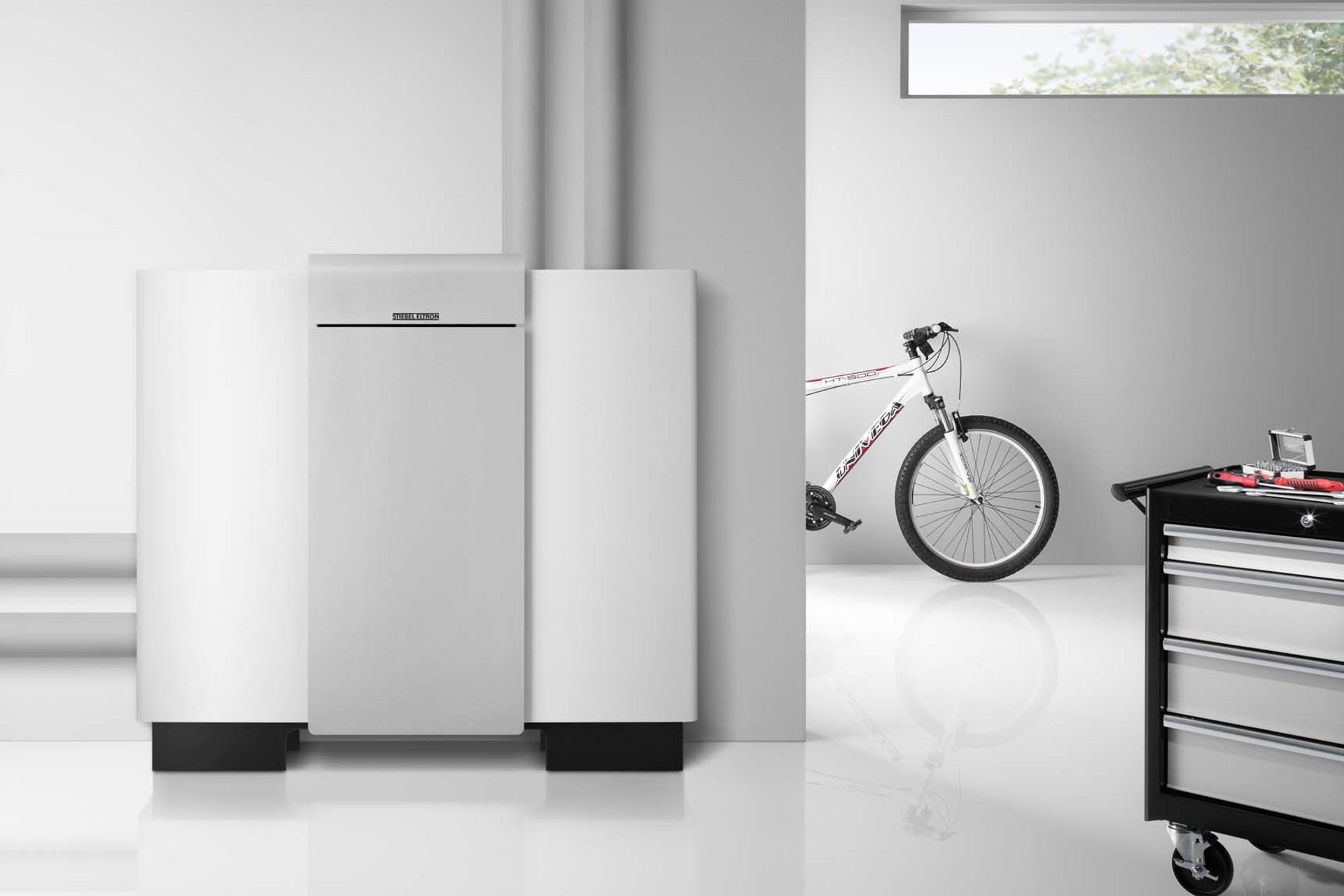
The different types of heat pump systems
Now that you have a better understanding of where the heating source comes from, you can look at the type of heat pump system, which includes the following:
Split system heat pumps: This system has an indoor and outdoor unit, ideal for targeted heating and cooling in homes without ductwork. Split system heat pump systems offer flexibility and easier installation and is the option most will go for in New Zealand.
Multi-split system heat pumps: These heat pumps connect one outdoor unit to multiple indoor units, providing flexible and independent climate control for different rooms without needing extensive ductwork.
Ducted heat pump systems: Though they involve more complex installation, ducted heat pump systems are ideal for providing uniform temperature control across larger areas or buildings with existing ductwork.
Hybrid heat pump systems: These combine a heat pump with a traditional heating system to optimise energy efficiency. Depending on the conditions, choose the most cost-effective heating source.
Solar-assisted heat pumps: These integrate solar collectors with heat pump technology to enhance efficiency and reduce reliance on traditional energy sources.
Absorption heat pumps: These use a heat-driven cycle instead of an electric compressor, making them suitable for large-scale industrial or commercial applications where waste heat or gas is available.
Reversible heat pumps: Provide heating and cooling by reversing the direction of the refrigerant flow. This flexibility allows them to efficiently manage indoor climates year-round, making them ideal for varying seasonal conditions.
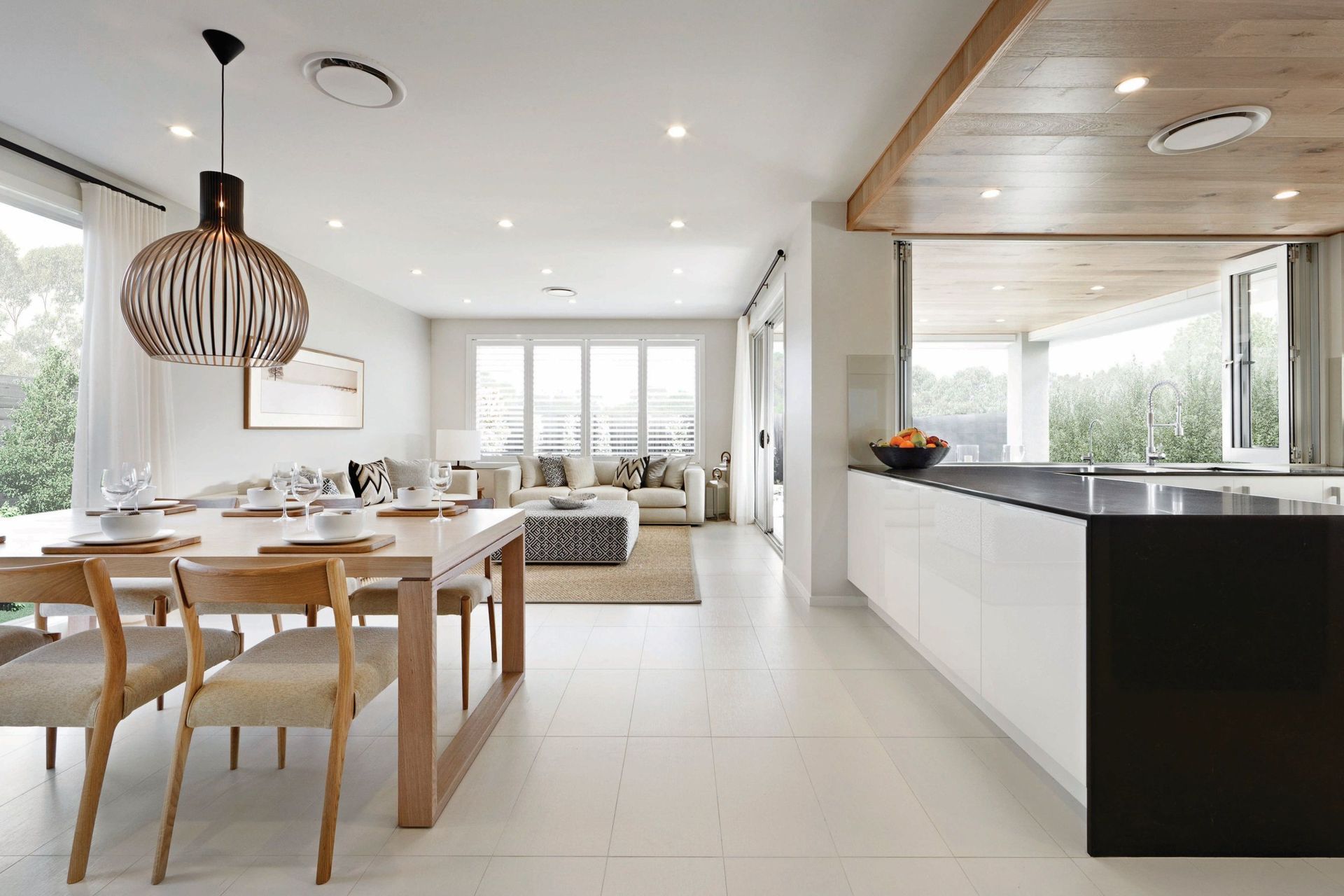
Factors that influence costs
Finding the right system will come with its own variables to consider. Before you settle on a specific heat pump, it's important to know what factors influence the installation costs:
1. Heat pump capacity
Larger units with higher heating and cooling capacities will be more expensive.
- Home size and insulation: Larger homes or homes with poor insulation may require more powerful and, therefore, more expensive heat pumps.
- Installation site: Difficult-to-access areas at the installation site can potentially increase labour expenses, while homes with existing ductwork or suitable electrical systems may benefit from lower installation costs.
2. Climate and location
- Region: Areas with more extreme climates may require more robust systems.
- Rural vs. urban: Installation in rural areas may be more expensive due to travel and logistics.
3. Energy efficiency requirements
- Higher-efficiency models may cost more initially but can result in long-term savings on energy bills.
4. Contractor rates and labour
- Costs can vary depending on the contractor's experience, reputation, and rates. It's advisable to get multiple quotes that include the labour cost, as installation times vary from pump to pump.
5. Government incentives
- Government incentives like the Warmer Kiwi Homes programme offer assistance to offset the cost of installing heating and cooling in your home.
6. Additional features
- Costs can increase with add-ons such as smart thermostats, advanced filtration systems, or zoning controls.
7. Seasonality
- Installation costs may vary depending on the time of year, with potential increases during the peak season of Winter. It’s important to keep in mind that ice and snow can also delay the installation process and it’s recommended to install your heat pump during Spring and Summer months for colder regions in New Zealand.
8. Market prices
- Fluctuations in material costs and labour rates in New Zealand can affect the overall price.
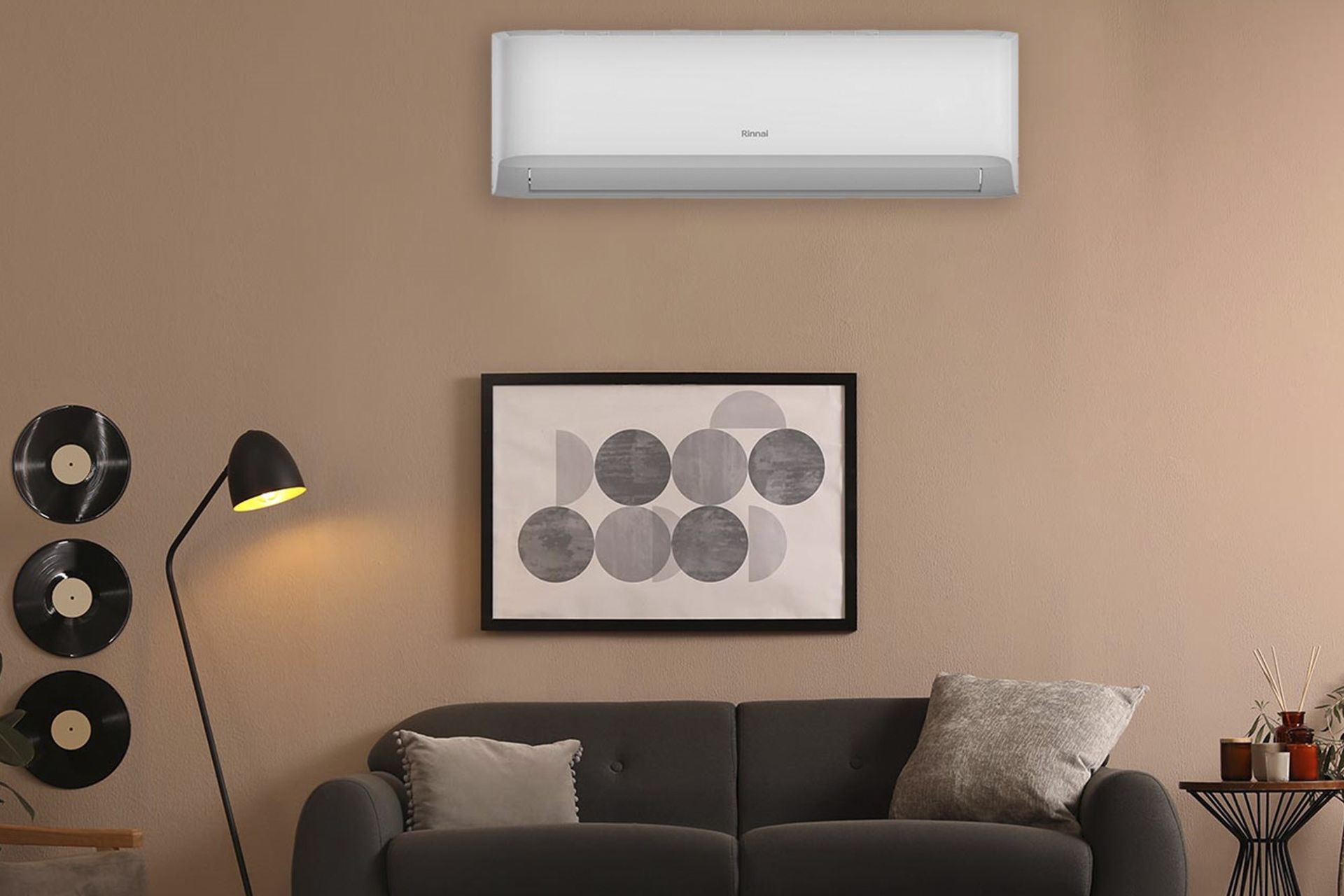
Additional costs to consider
When evaluating the cost of a heat pump, it's important to consider not just the initial installation expense but also other ongoing and additional costs. Here are some key factors to keep in mind:
1. Maintenance and repair
Regular maintenance is essential to ensure your heat pump operates efficiently and lasts as long as possible. Routine checks can prevent minor issues from becoming major problems and can help extend the lifespan of your system. This includes tasks such as cleaning filters, checking refrigerant levels, and ensuring the system is running smoothly. This typically costs between $150 and $300 per year.
2. Energy costs
Heat pumps are typically more energy-efficient than conventional heating systems, but they do contribute to energy costs. The operational expense of a heat pump depends on various factors, including system size, local climate, and your home's insulation. For a basic split system, you might expect annual running costs between $400 to $800.
Incentives and rebates
Programmes like Warmer Kiwi Homes offer financial incentives and rebates to encourage the installation of energy-efficient systems like heat pumps. These can help offset the initial installation costs and make the investment more affordable.
1. Government incentives
Check for local or national schemes, such as the Retrofit Your Home Scheme, that provide grants or rebates for installing heat pumps. These can significantly reduce the upfront cost.
2. Utility rebates
Some utility companies offer rebates for energy-efficient upgrades. Contact your utility provider to see if any such programmes are available.
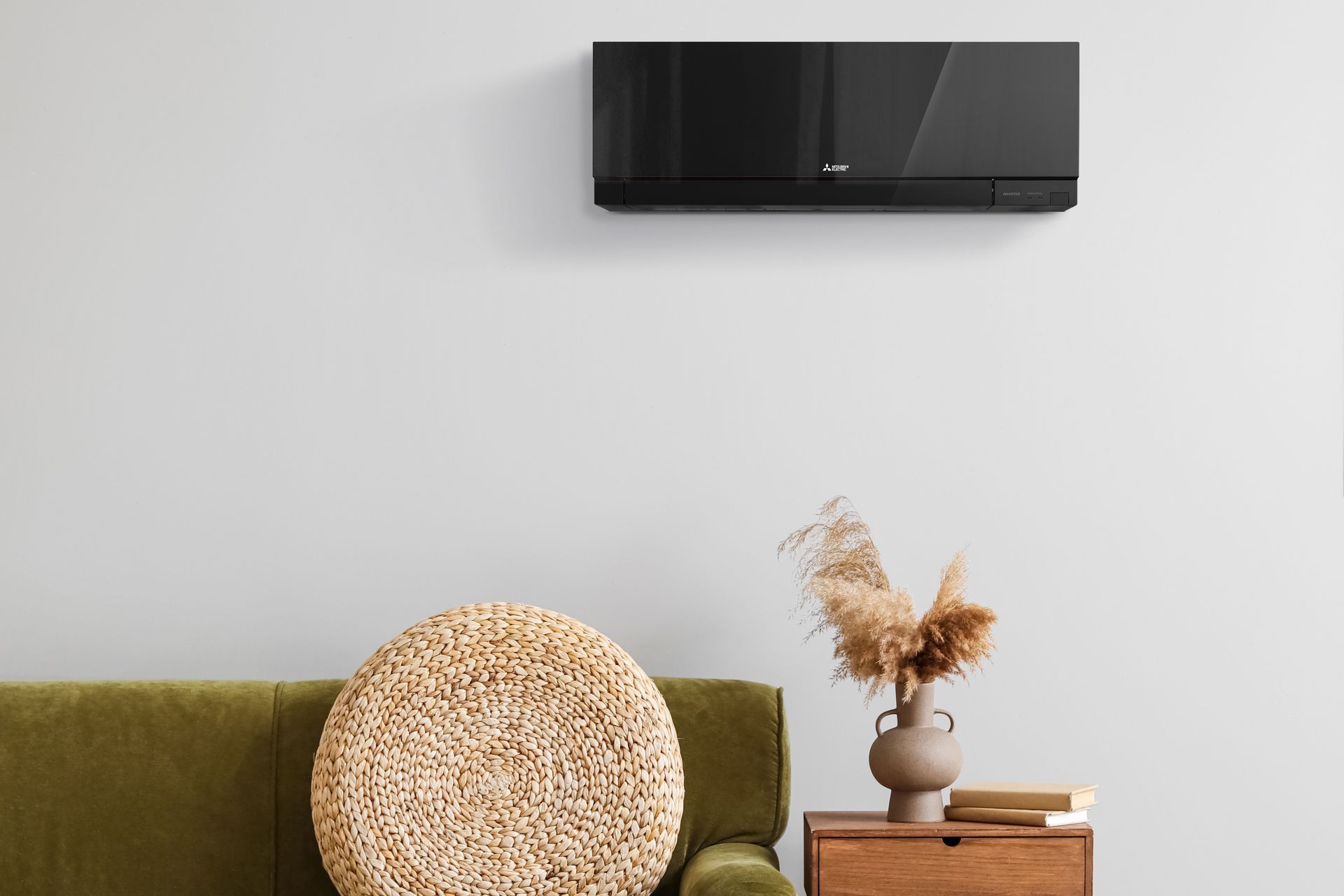
Tips for reducing costs
1. Get multiple quotes
Obtain quotes from several contractors to compare prices and services. This can help you find the best deal and ensure you’re not overpaying for installation.
2. Choose a reputable contractor
A trusted heat pump installer can ensure efficient installation and may help avoid costly mistakes.
3. Optimise system size
Ensure the system is properly sized for your needs. An over-sized or under-sized system can lead to inefficiencies and additional costs.
4. Leverage incentives and rebates
Take advantage of available incentives, rebates, or tax credits that can reduce the upfront cost. Research federal, state, or local programs that support energy-efficient upgrades.
5. Perform pre-installation work yourself
If feasible, handle some of the preparatory work yourself, such as clearing the installation area or making any necessary site modifications. This can lower labour costs.
6. Plan installation during off-peak seasons
Schedule the installation during the off-peak season for HVAC contractors, typically in the spring or autumn. Due to decreased demand, contractors may offer lower rates during these times.
7. Consider DIY maintenance
While you shouldn't attempt the installation yourself unless you’re qualified, you can perform some of the routine maintenance tasks, such as cleaning filters, to help reduce long-term costs.
8. Negotiate with contractors
Don’t hesitate to negotiate terms with your contractor. They may offer discounts or additional services at a reduced rate to secure your business.
9. Check for financing options
Look for financing options or payment plans that make the initial cost more manageable without affecting your budget.
Buy a heat pump with confidence
In conclusion, understanding the factors influencing heat pump costs is crucial for making an informed decision. Costs can vary widely based on the type of heat pump, its capacity, the installation site, and local regulations. By considering these factors, exploring available incentives and rebates, and taking steps to reduce installation costs, you can make a more cost-effective choice. Investing time in research and planning will help ensure you select a system that meets your needs and budget, ultimately providing long-term comfort and efficiency for your home.
Related article: A deep dive into split system heat pumps: How they can enhance your home’s climate
